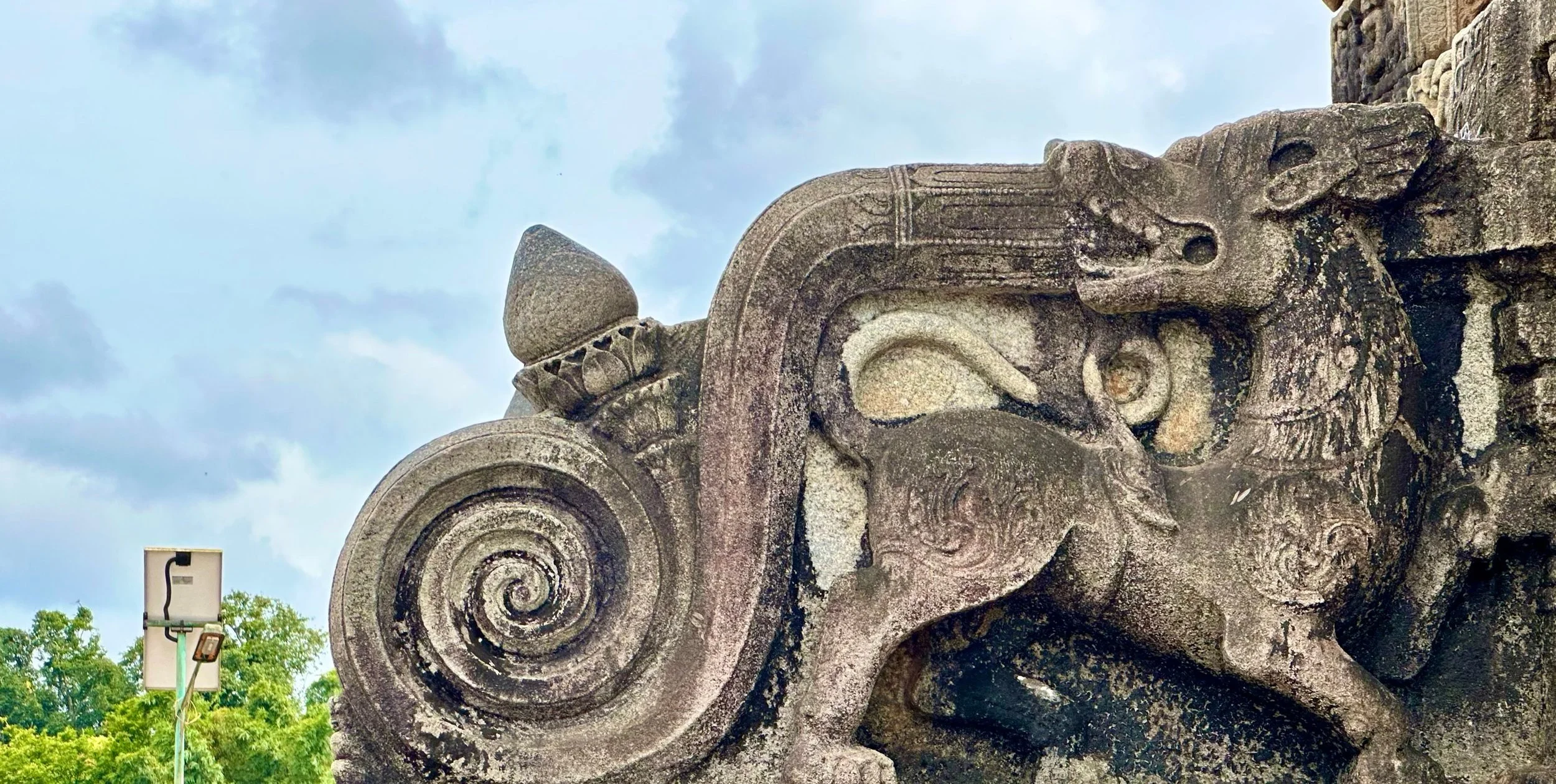Research
My research examines how epistemic frameworks shaped by democratic experiments from 1940 to 2020 in South Asia shape ideas of political legitimacy across the globe. Bridging the history of global political thought, public law, and international relations, I investigate how new ideas of knowledge, progress, and self-respect that emerge from the construction of democratic life in India redirect political intelligibility from structures of empire to structures of democracy. This redirection shapes rival justifications for nationalism and constitutionalism within democratic India. It also makes India’s experiments in shaping the world’s largest democracy crucial to the emergence and stabilization of new infrastructures of digital and algorithmic governance.
My first book, Justification After Empire: Knowledge, Self-Respect and the Infrastructures of Progress (forthcoming), develops a conceptual framework for understanding how the justification of political legitimacy has been reconstructed by rival ideas of democracy, constitutionalism, and nationalism in post-imperial India. It shows how opposing conceptions of democracy in a deeply diverse democracy like India have developed and relied on a triadic framework of knowledge, progress, and self-respect as the grounds of justificatory discourse after the collapse of the British Empire. Different political regimes in democratic India have used this triadic framework to produce varying justifications for domestic political rule and international relations after empire. Using this framework, the book shows how justification after empire constructs constitutionalism, nationalism, and algorithmic governance as epistemic projects that are crucial to progress and self-respect. The argument shows how and why the coexistence of constitutional democracy, religious nationalism, and algorithmic rule is justified in and by Indian democracy, and how this coexistence is continually renegotiated through new public understandings of knowledge, progress, and self-respect.
My second book project, The Knowledge of Structures Problem, extends these questions into the study of India’s role in global digital markets and the shaping of artificial intelligence.
Across these projects, my work aims to clarify how the legitimacy of authority is constructed, maintained, and contested under changing historical and technological conditions. By linking traditions of political and constitutional thought to the analysis of modern infrastructures, I seek to contribute to a realistic understanding of how knowledge in general, but of and by the social sciences in particular, shapes political and technological rule.

